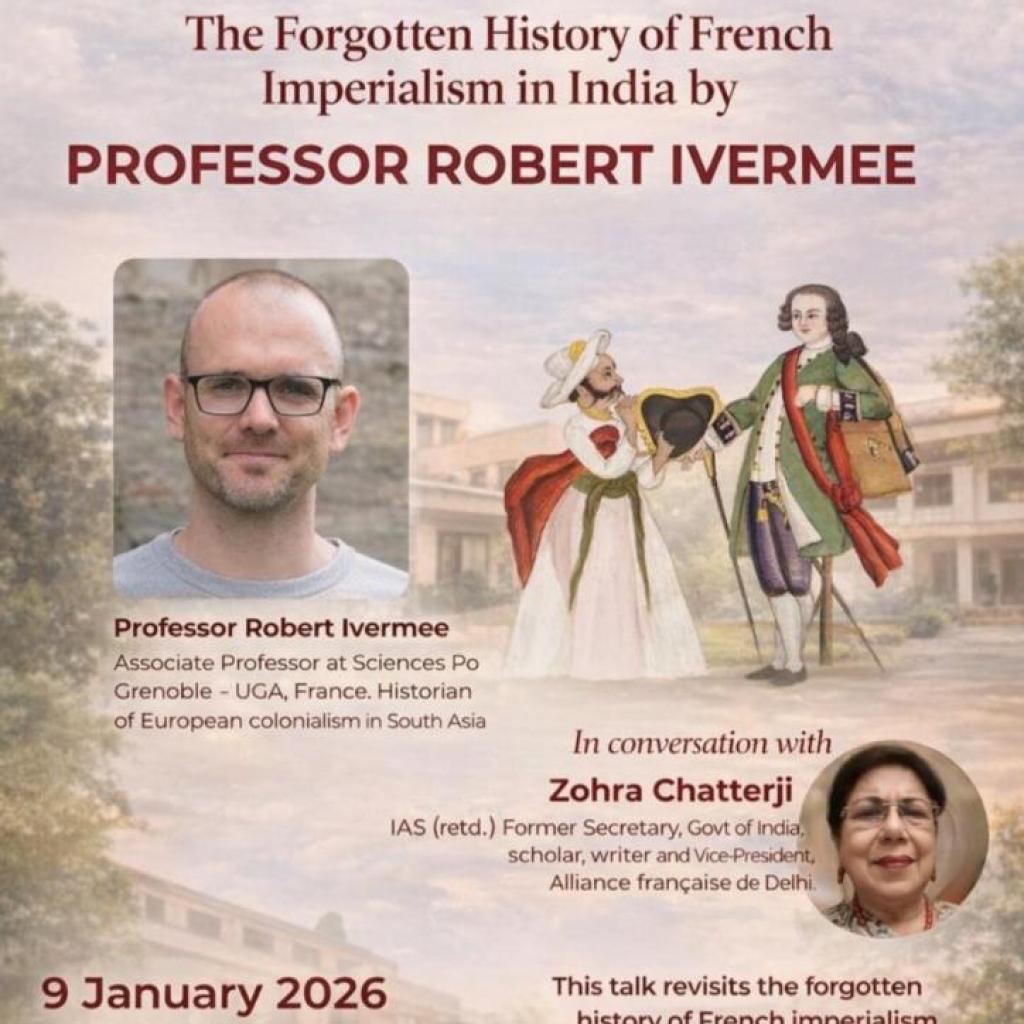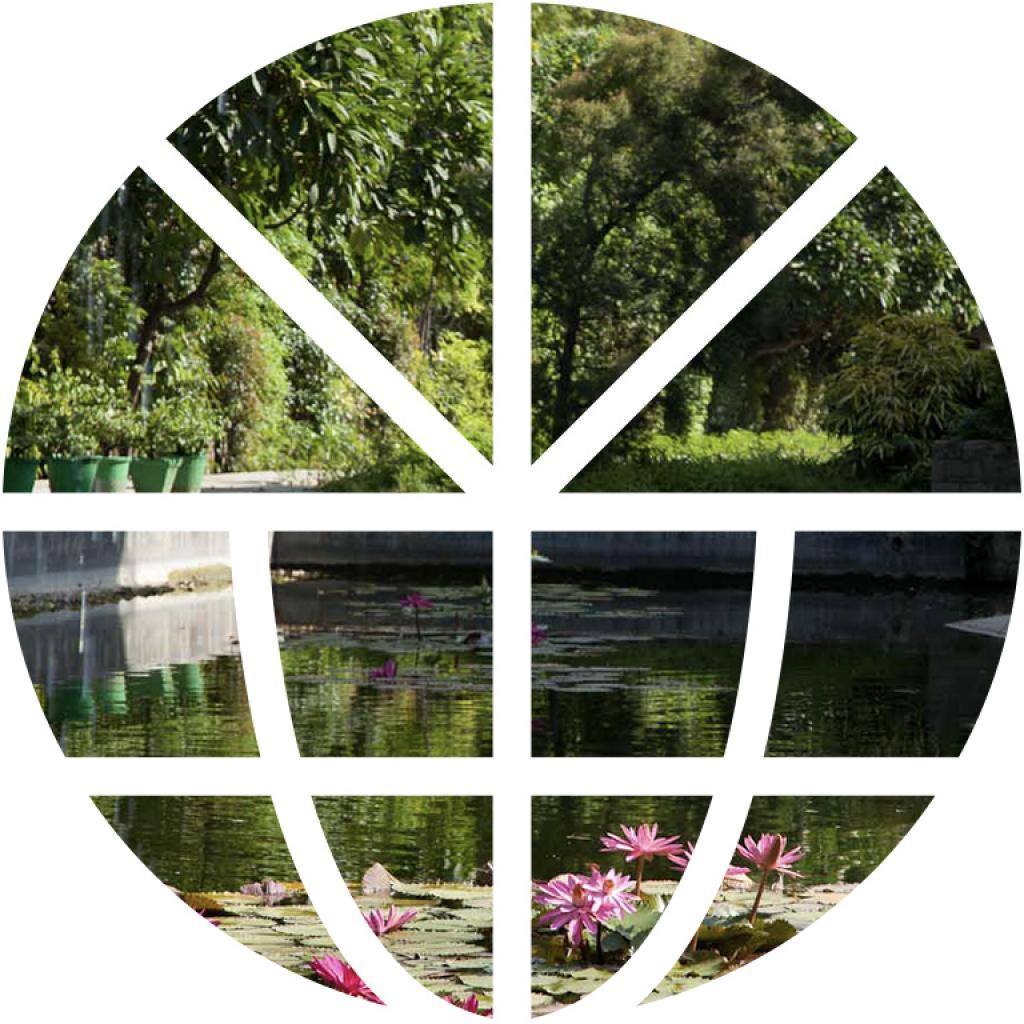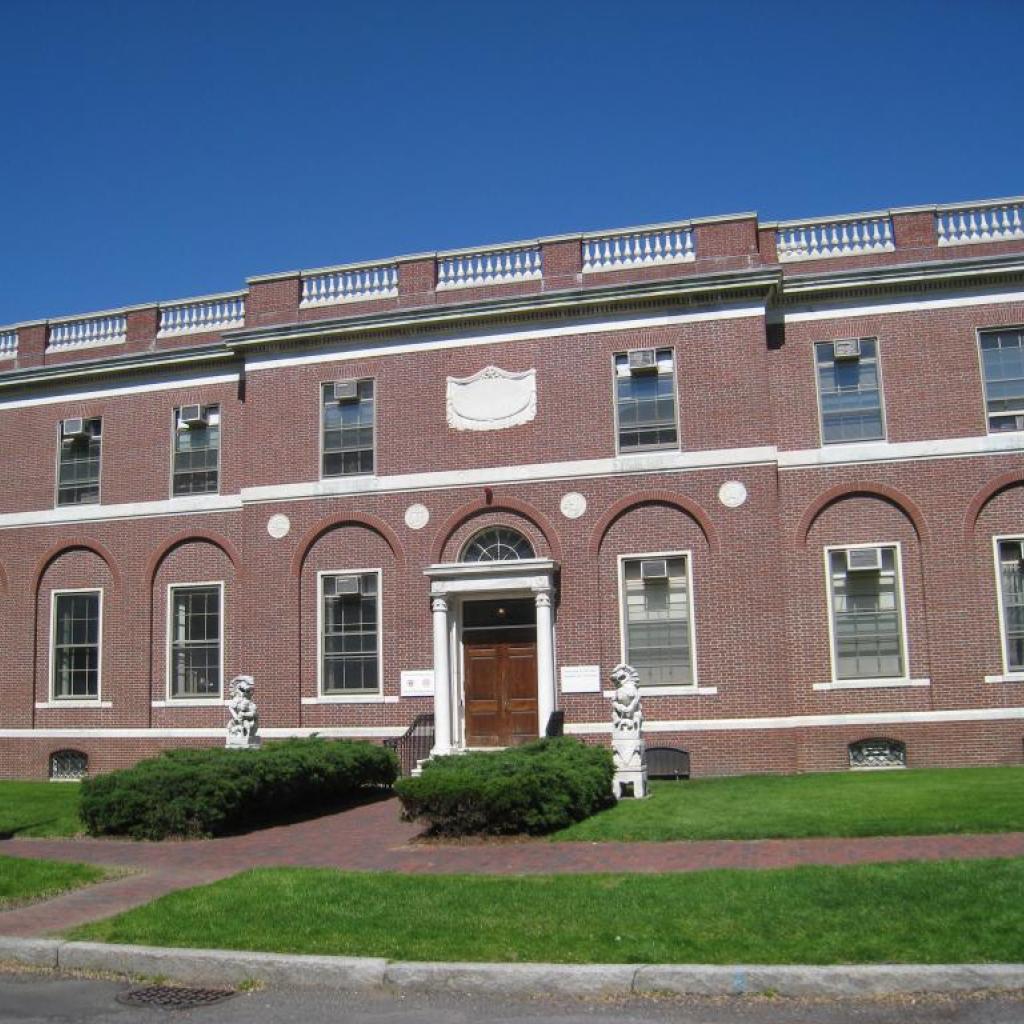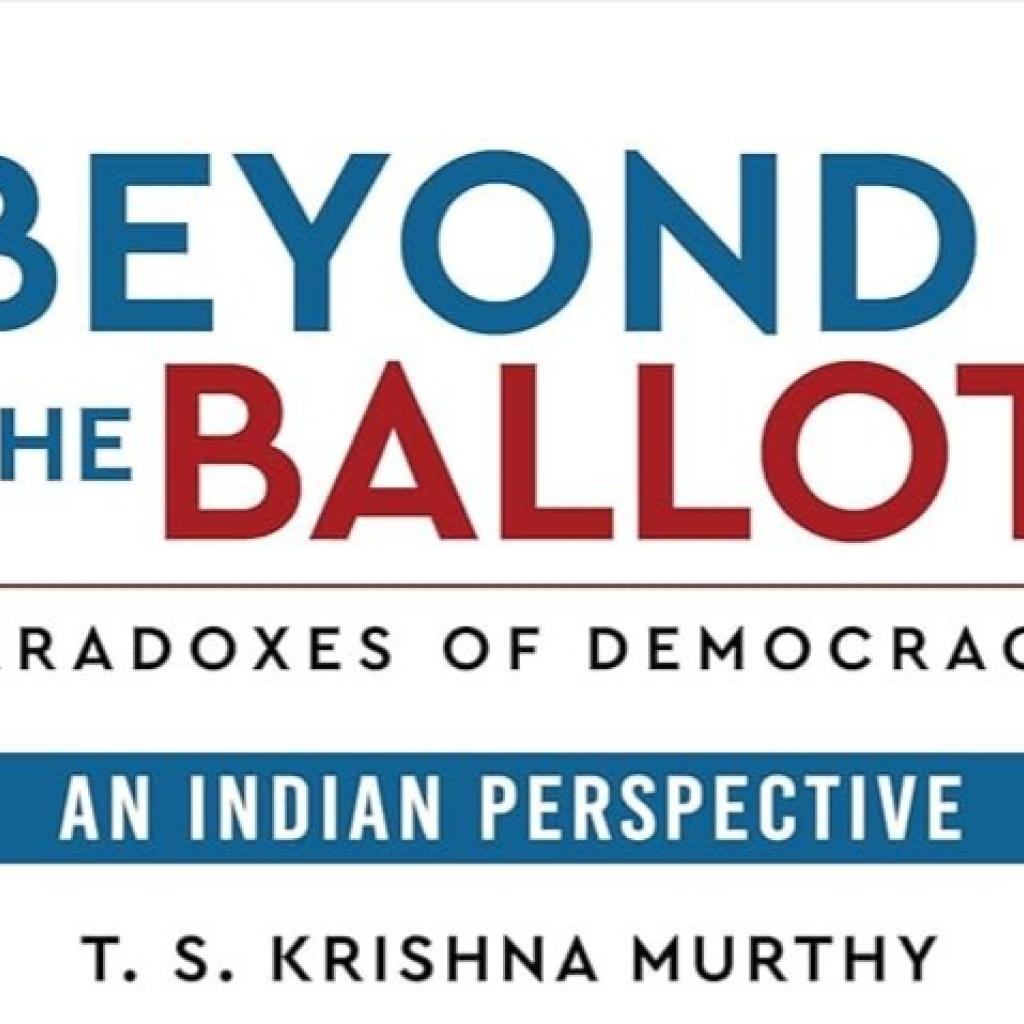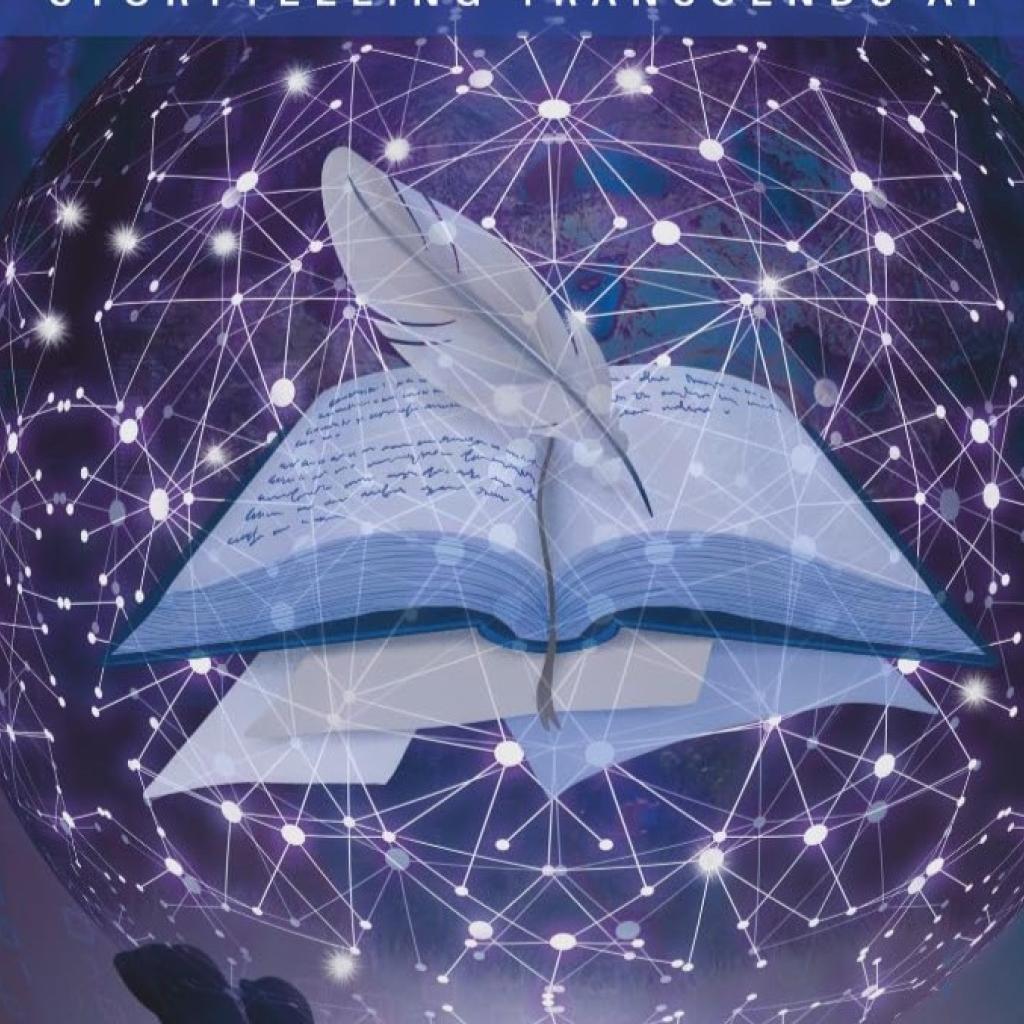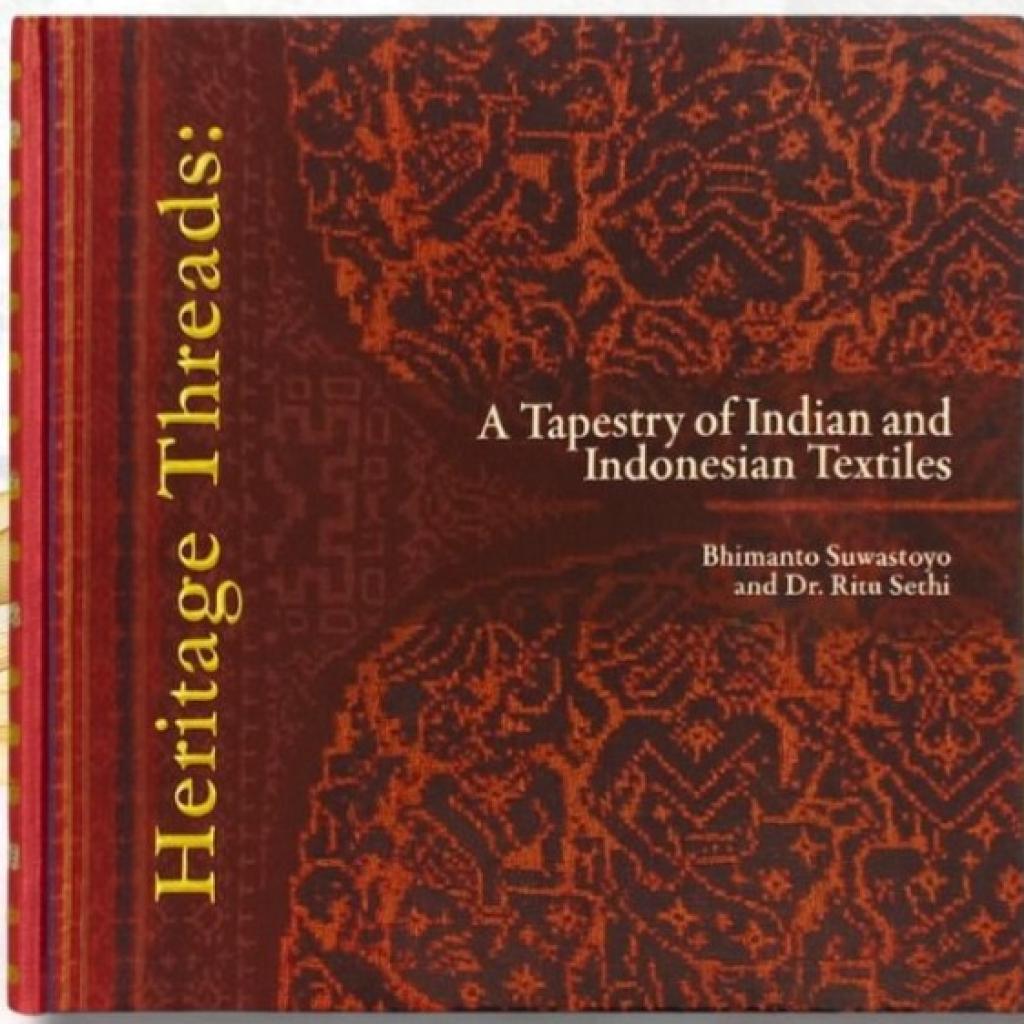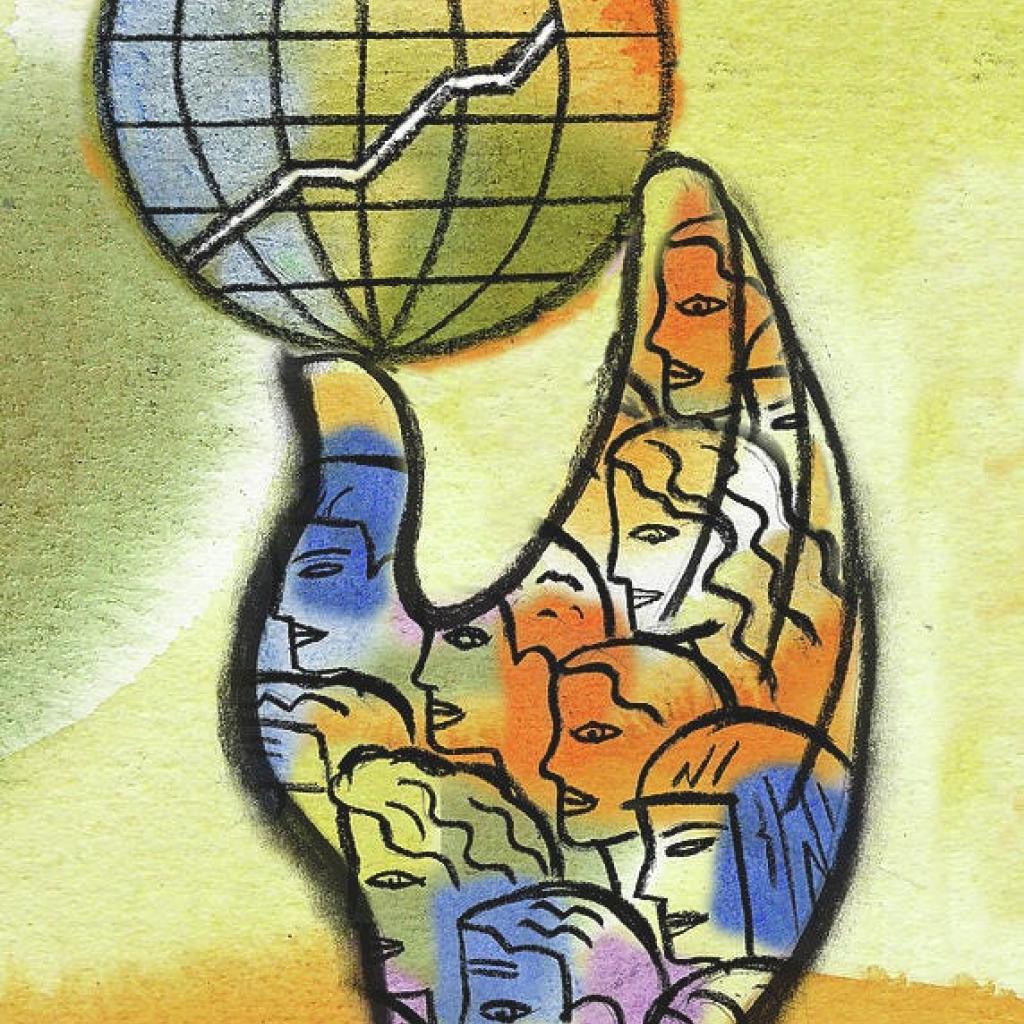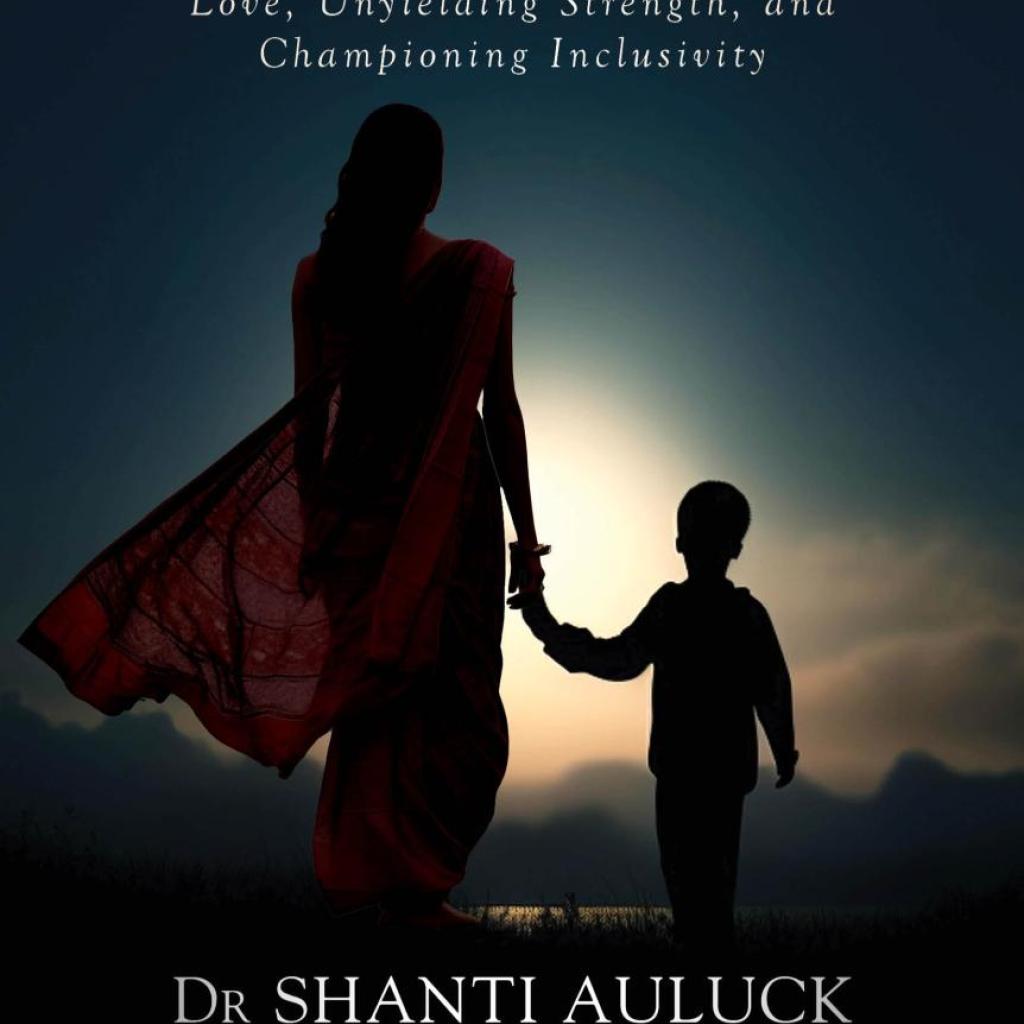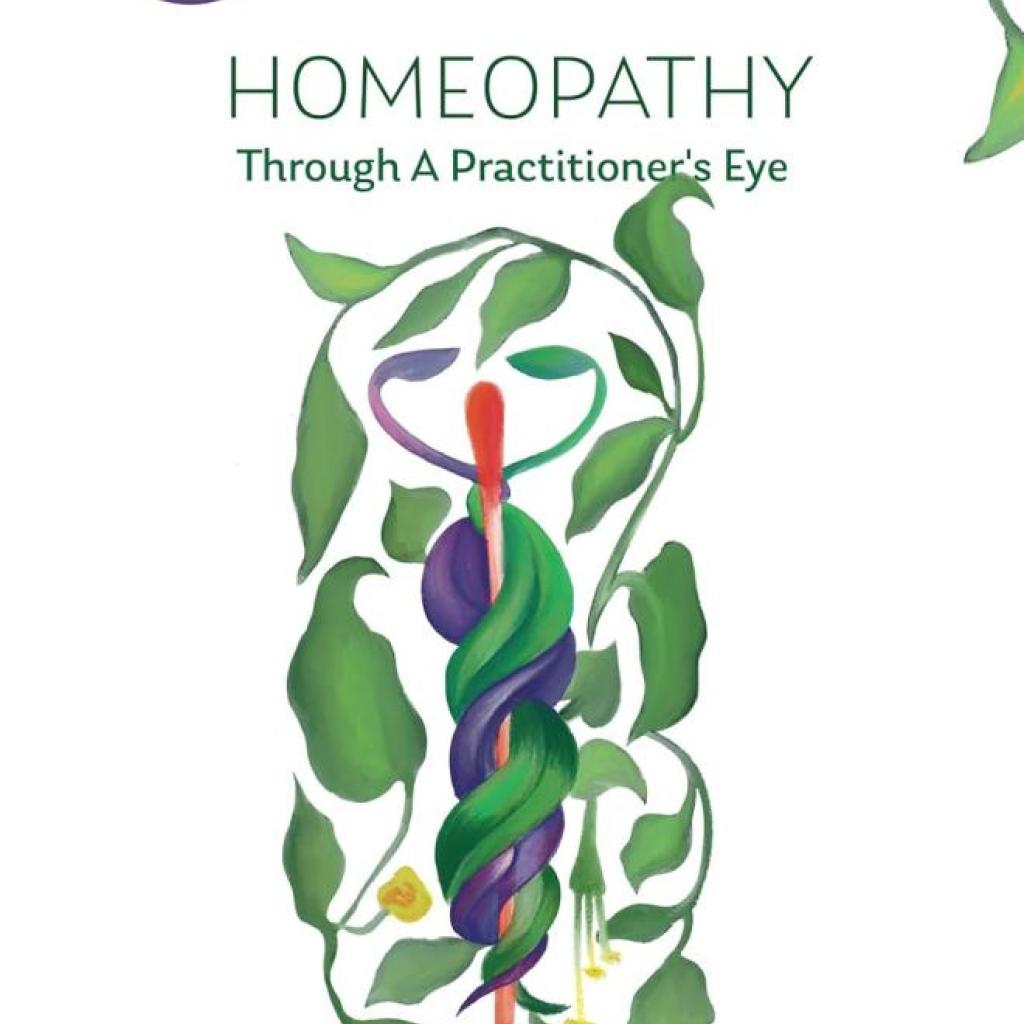The Forgotten History of French Imperialism in India
The Forgotten History of French Imperialism in India
Speaker: Prof. Robert Ivermee, historian of British and wider European colonialism in South Asia, an Associate Professor at Sciences Po Grenoble – UGA, France. He is the author of Glorious Failure: The Forgotten History of French Imperialism in India (Context, 2026) and a wide range of other publications.
Chair: K.N.Shrivasatava, Director, IIC
Moderator: Zohra Chatterji, IAS (retd.) Former Secretary, Govt of India, scholar, writer and Vice-President, Alliance francaise de Delhi
For 150 years, from the reign of Louis XIV to the downfall of Napoleon, France was an aggressive imperial power in South Asia. Through their East India company and state, the French established a far-reaching empire in India.This talk will recover and reflect on the largely forgotten history of French imperialism in India. In doing so, it tackles topics like great power rivalry and entrenched inequalities that remain vital and urgent today.
(Collaboration: Alliance Française de Delhi)

